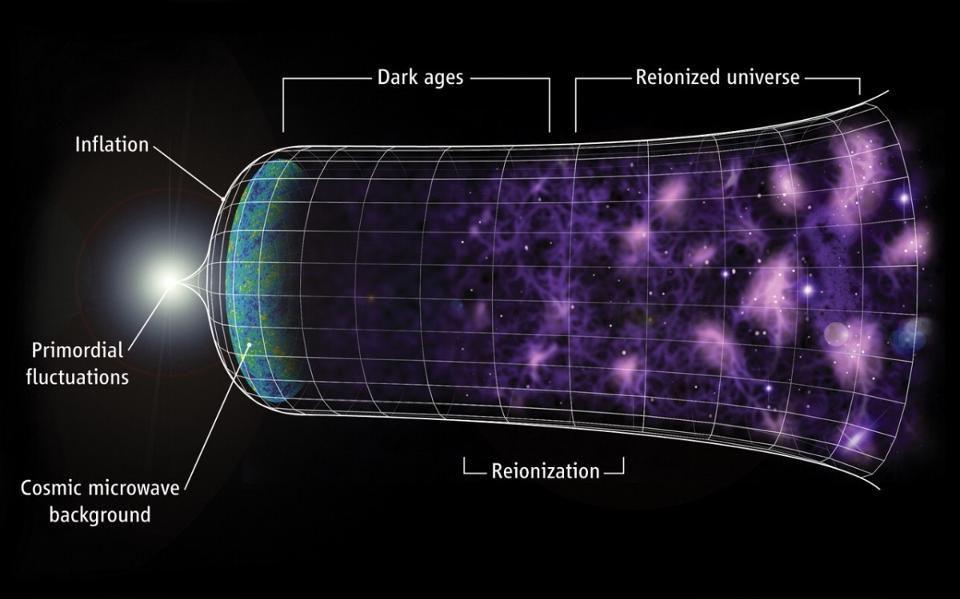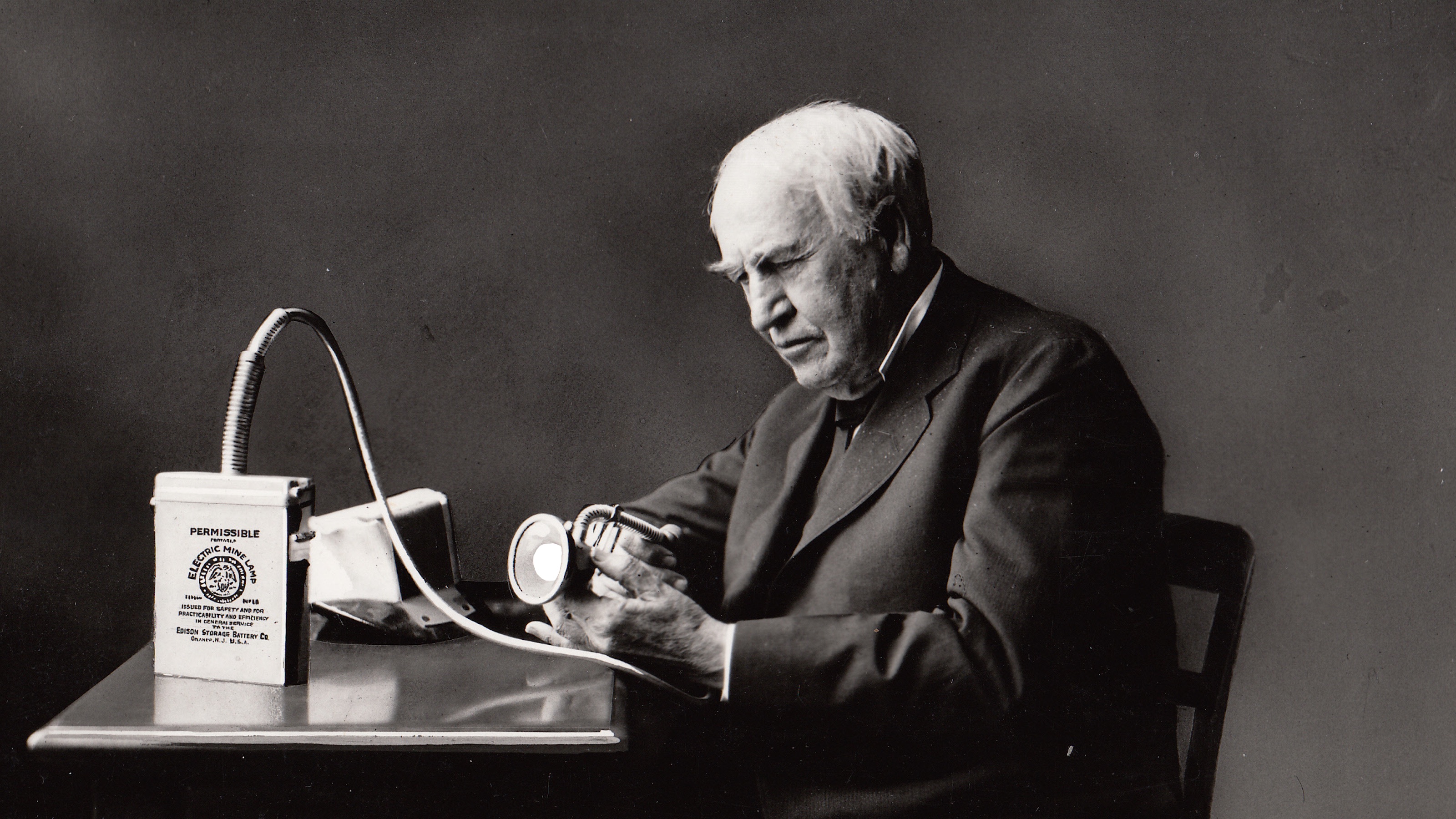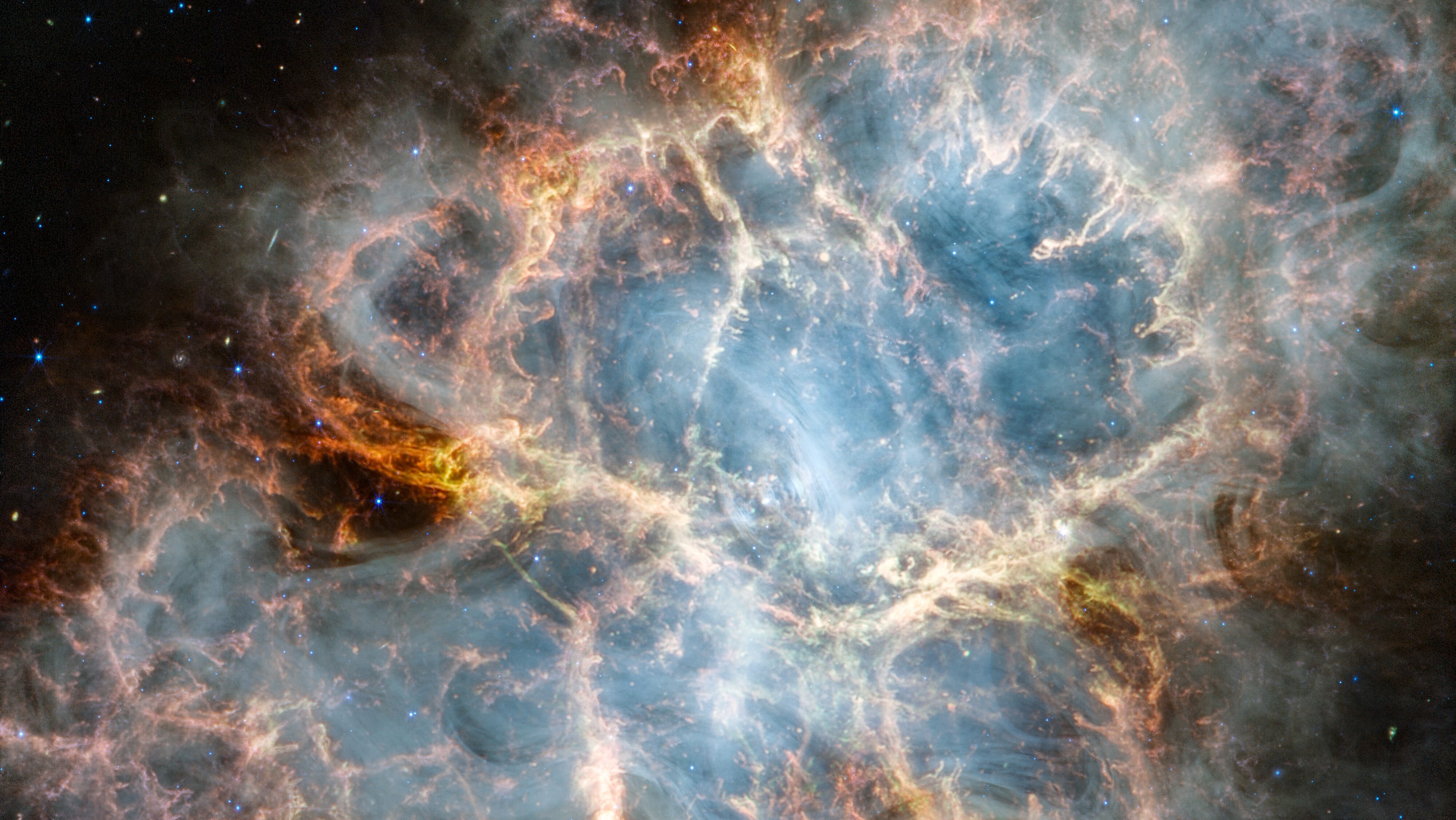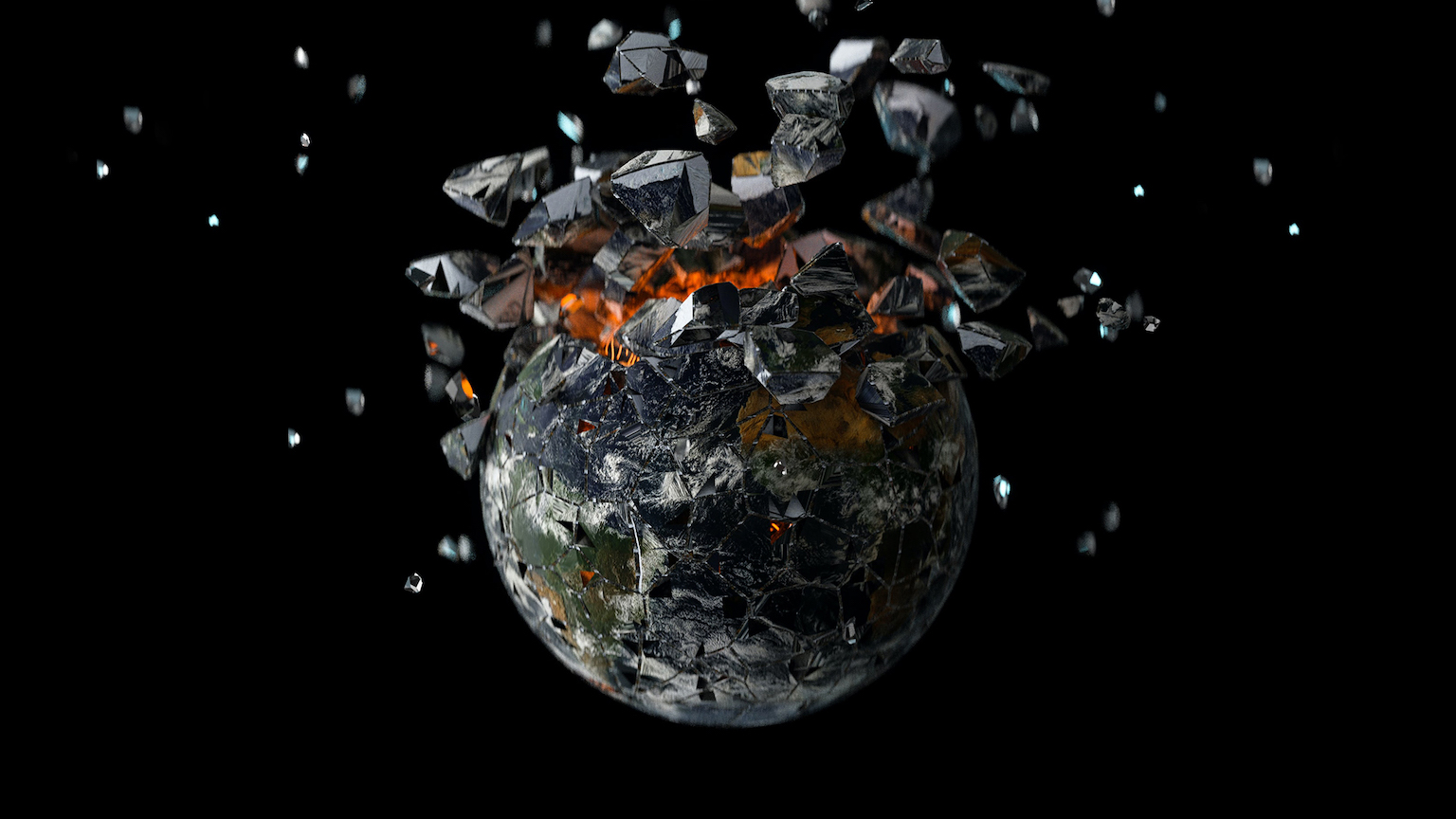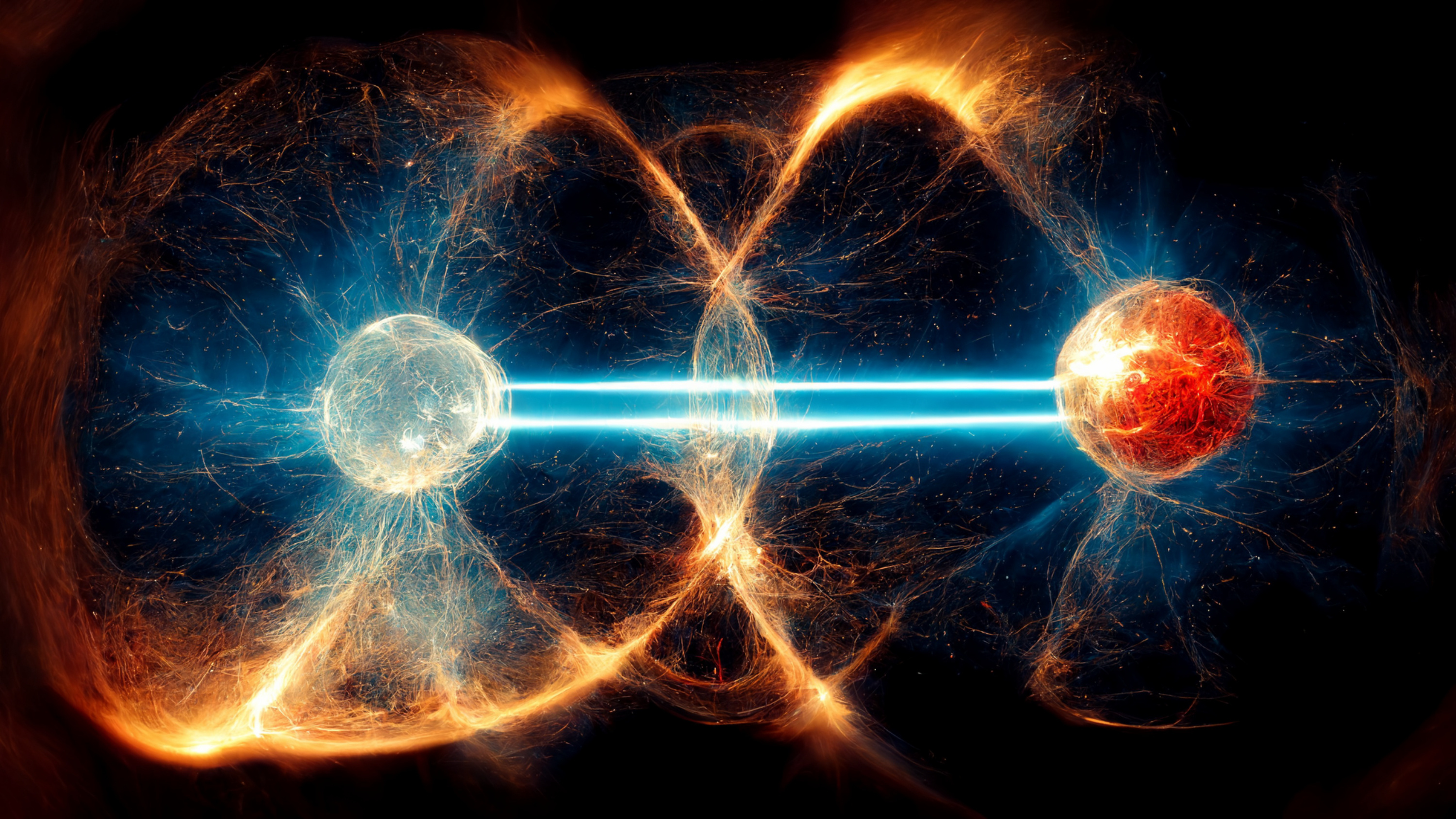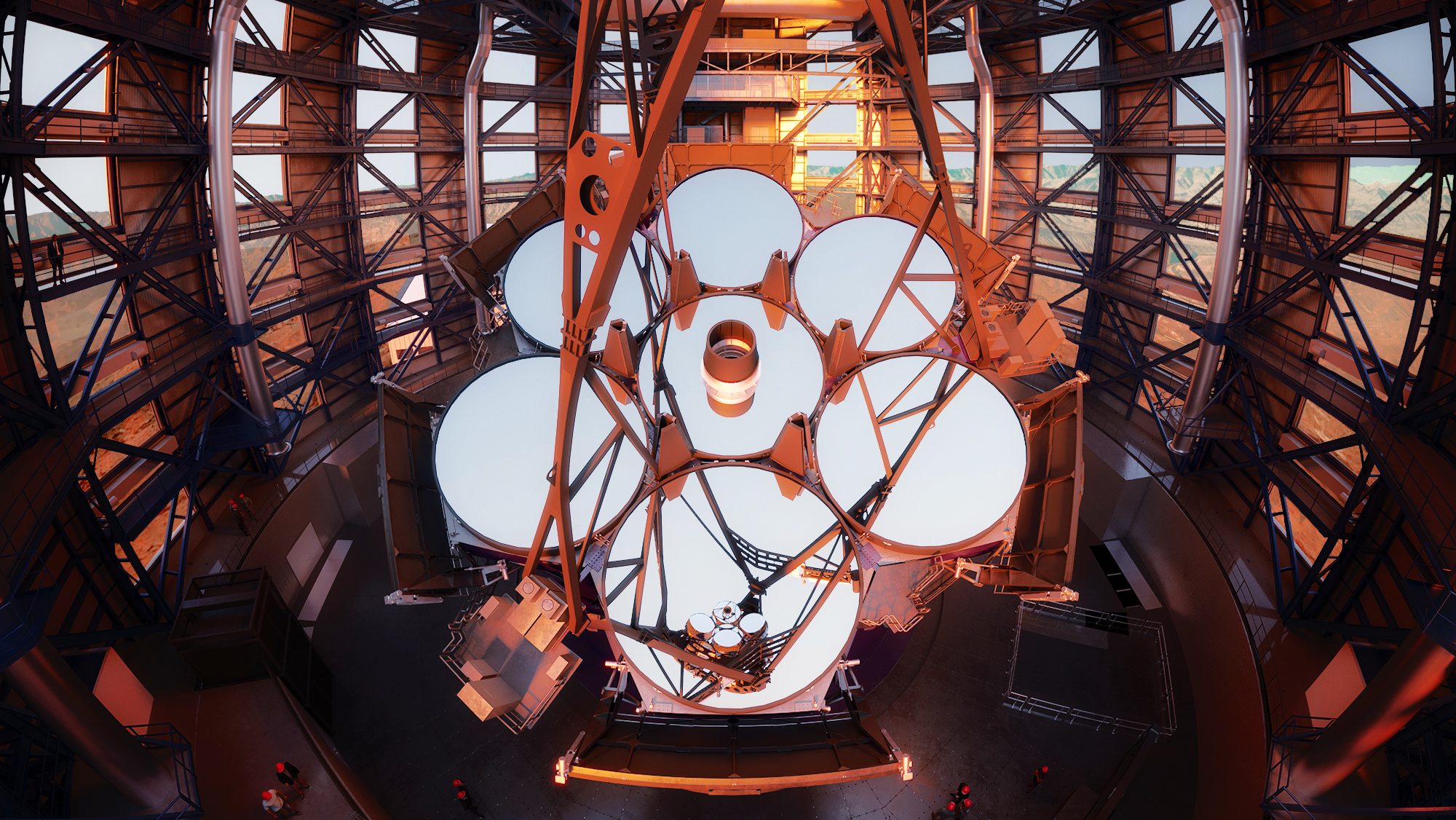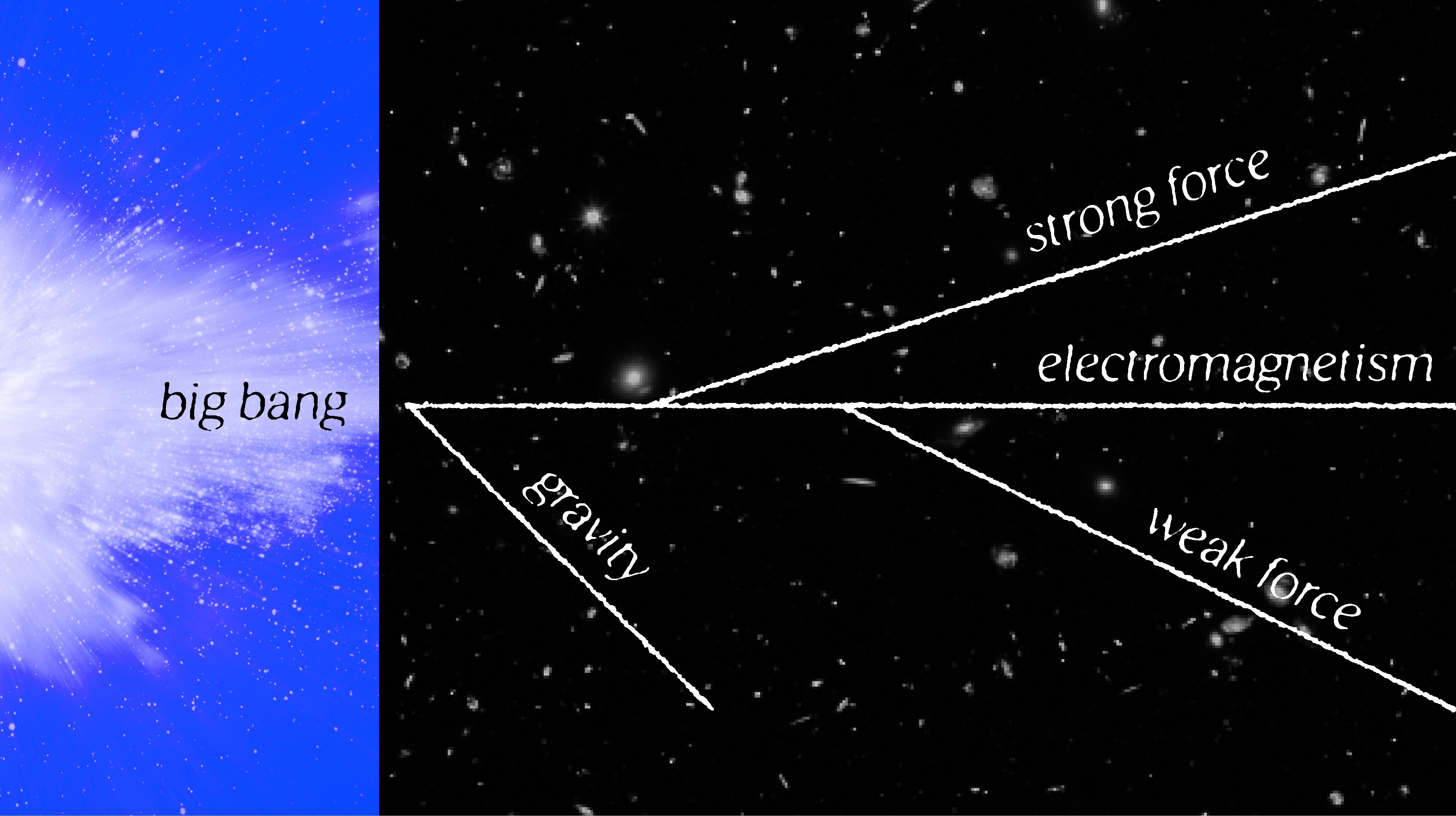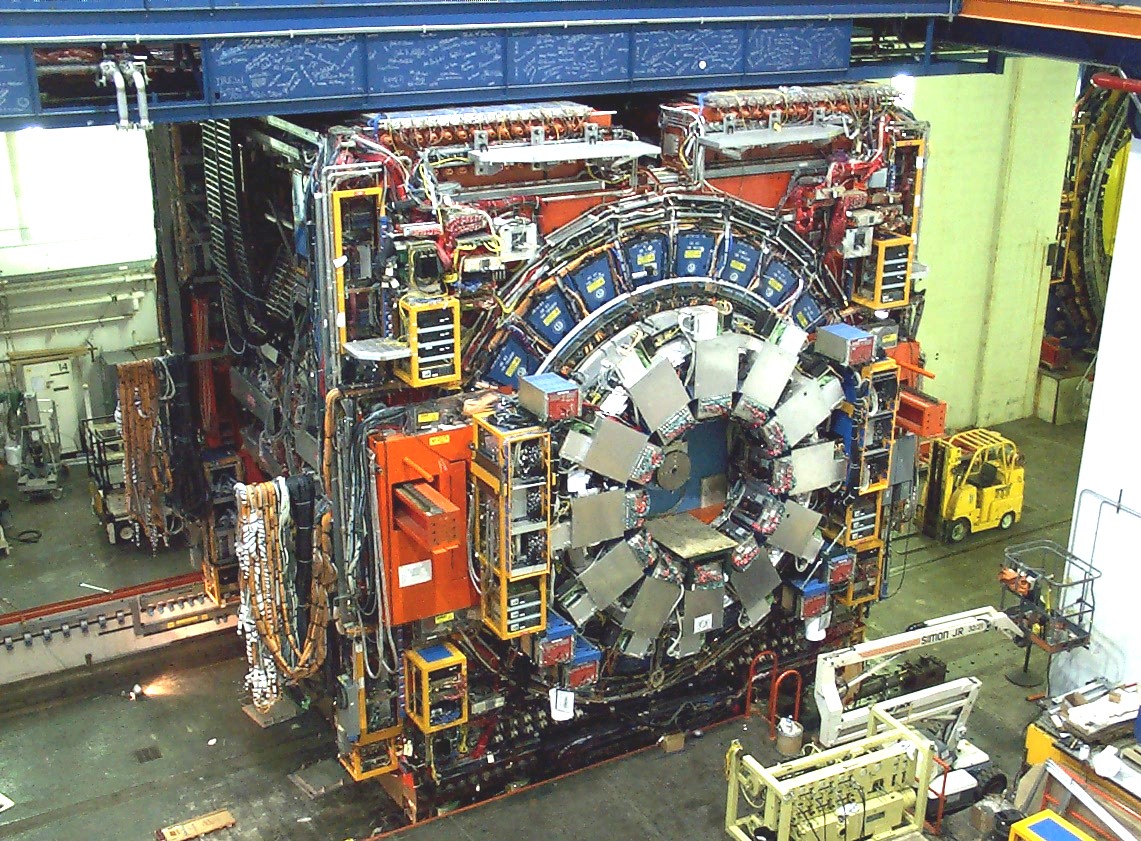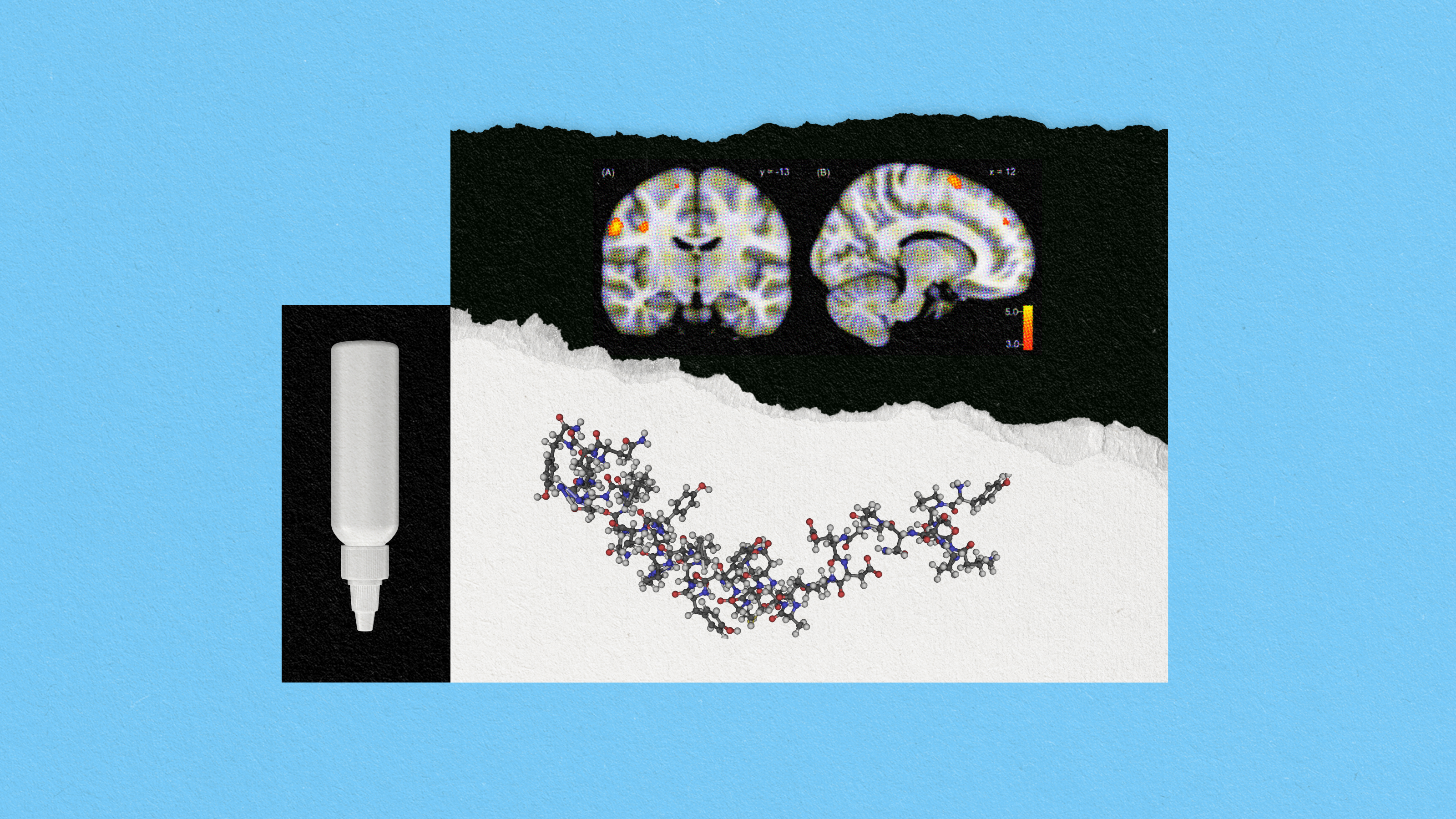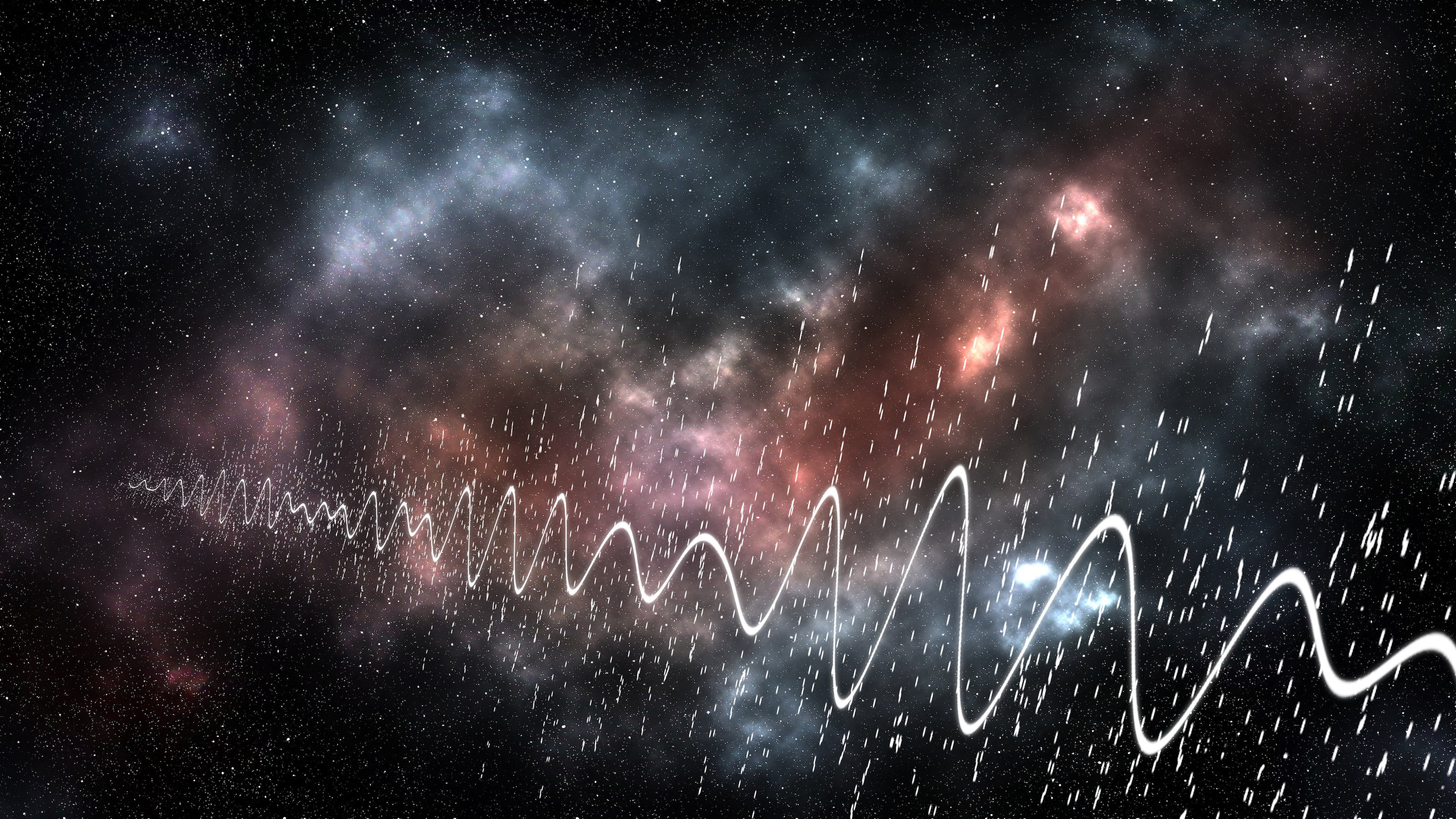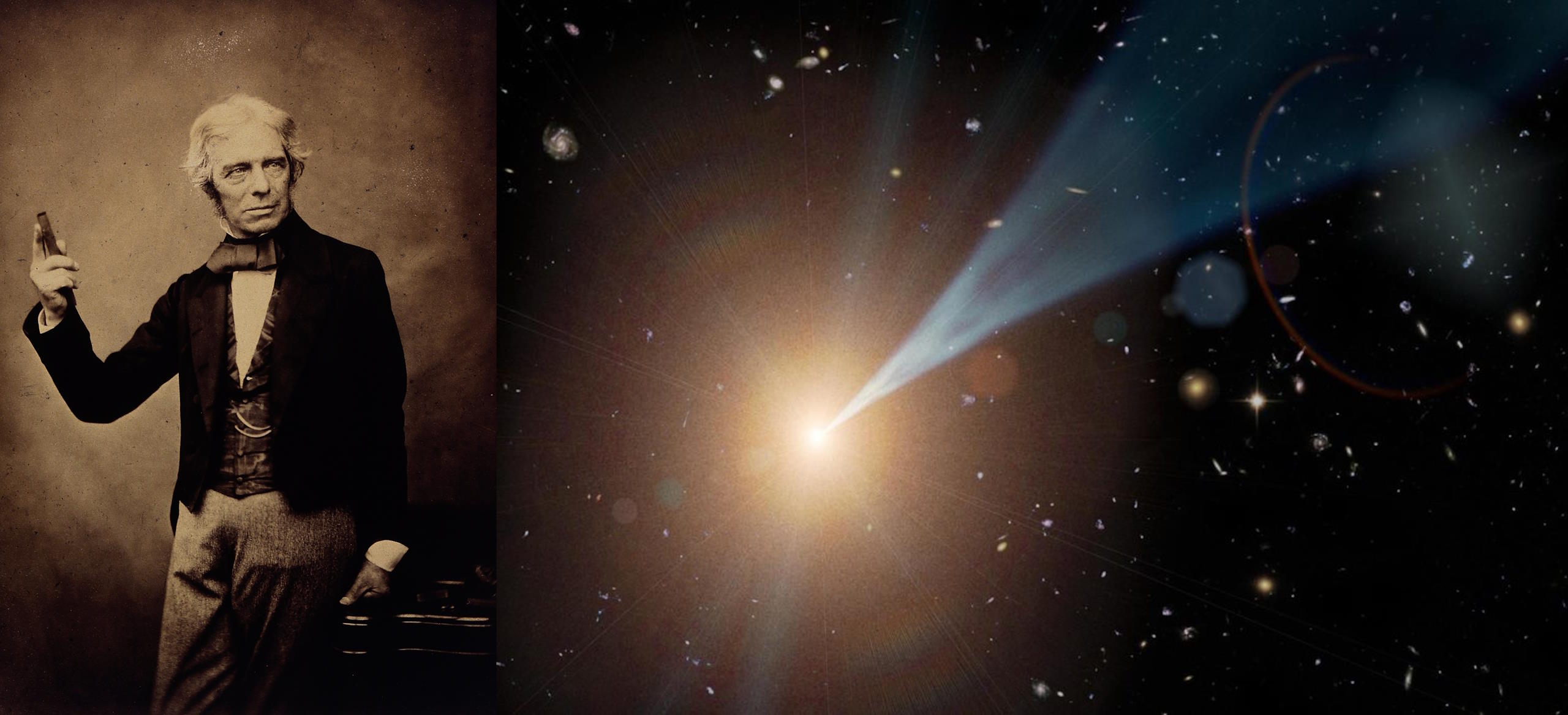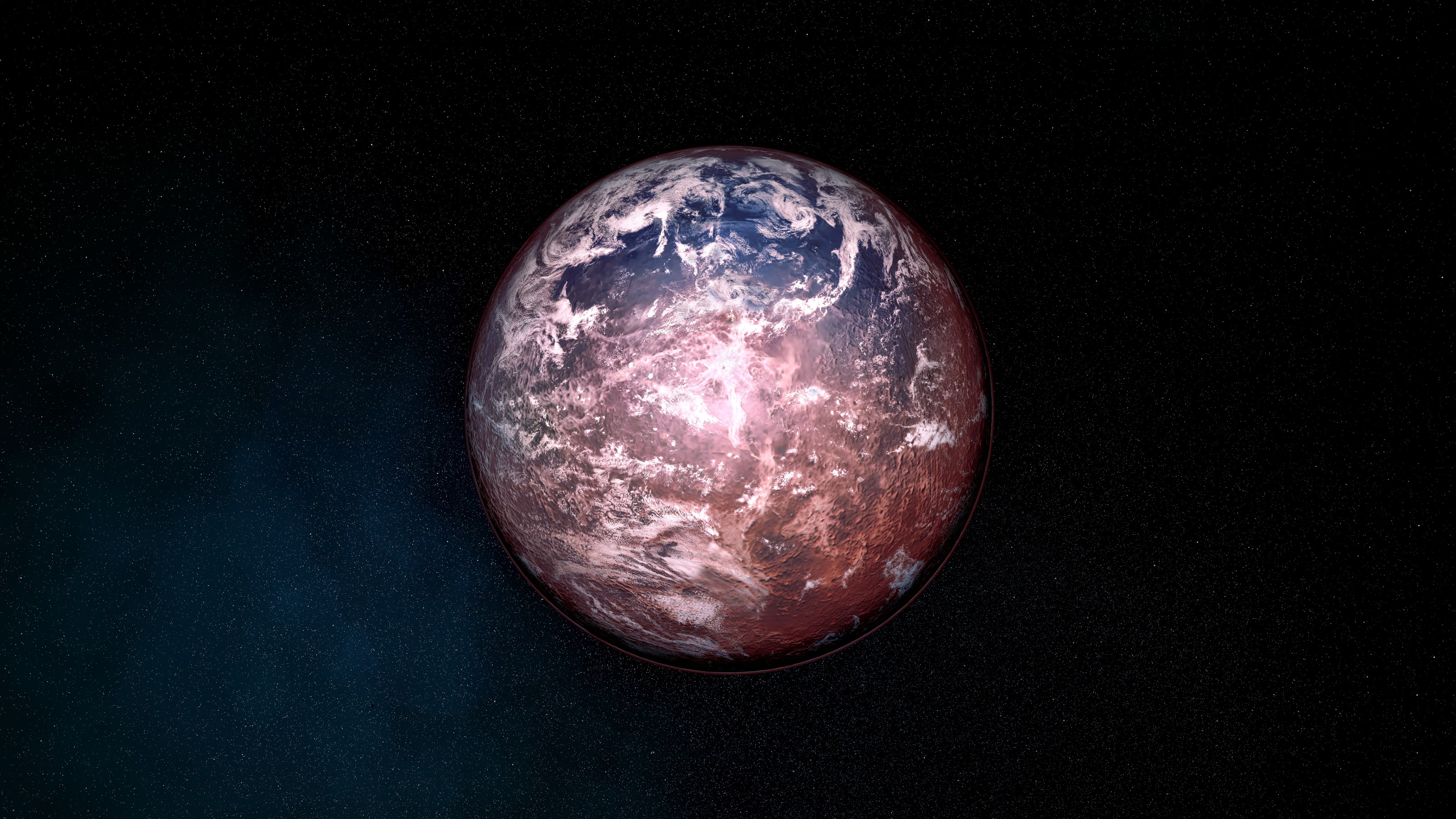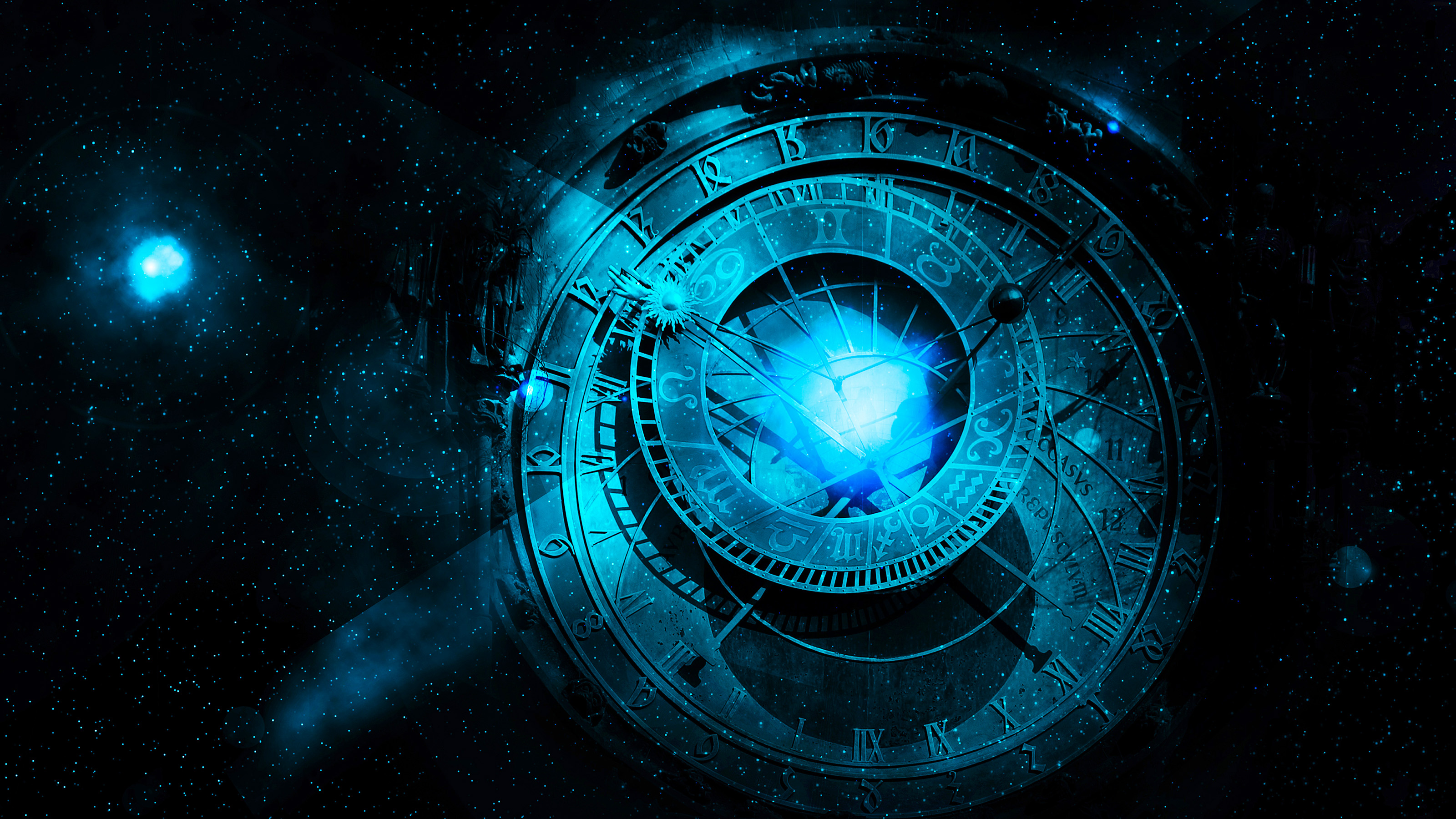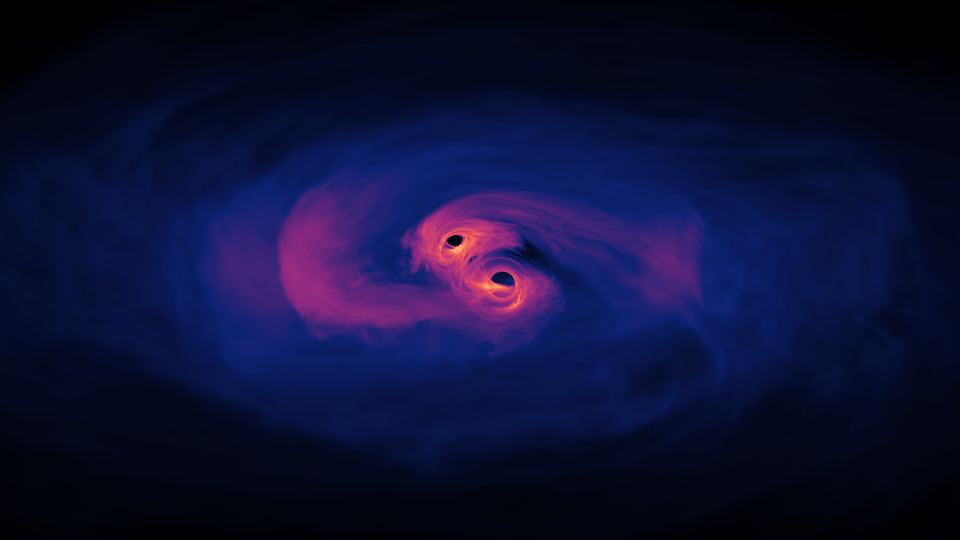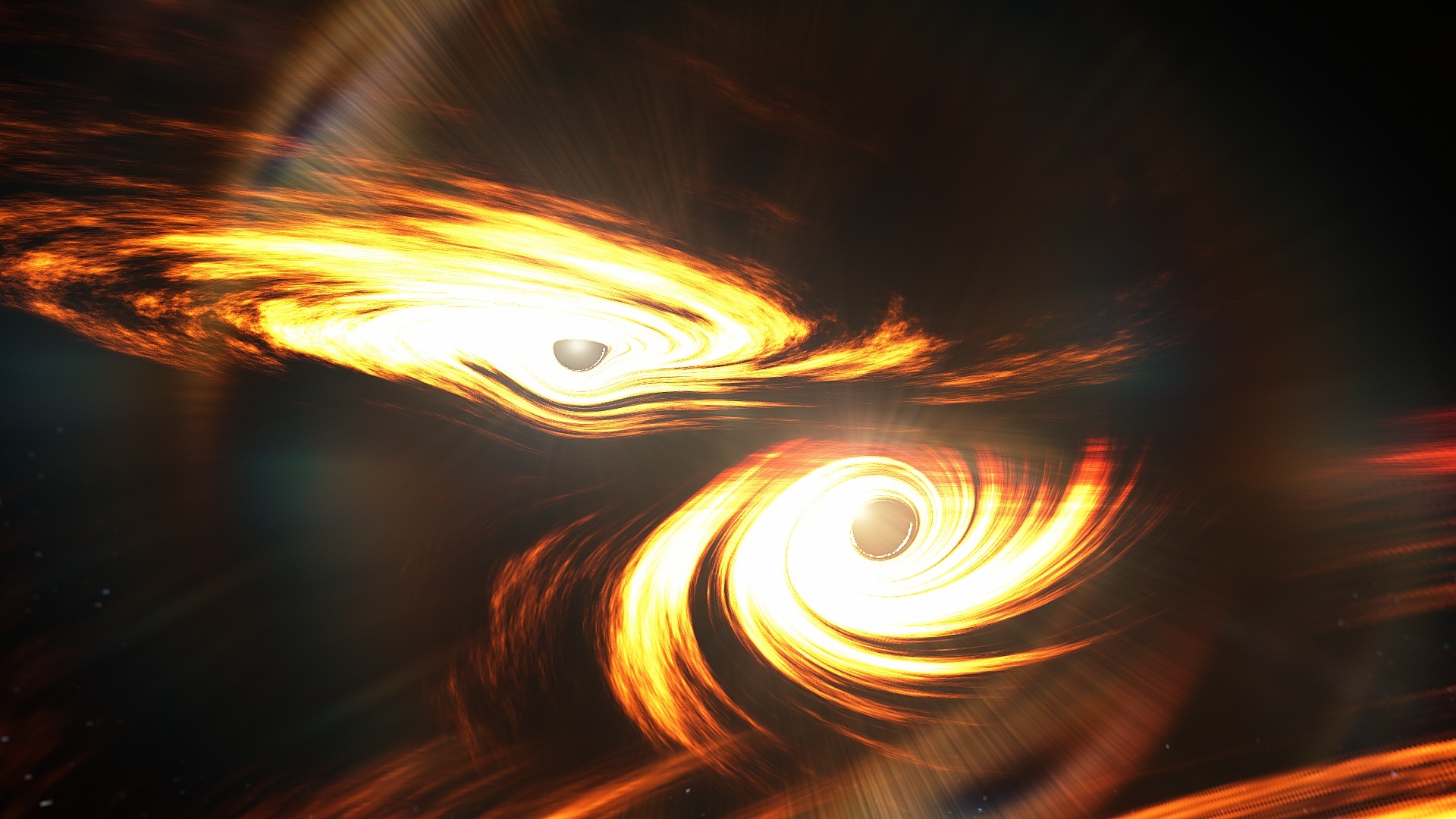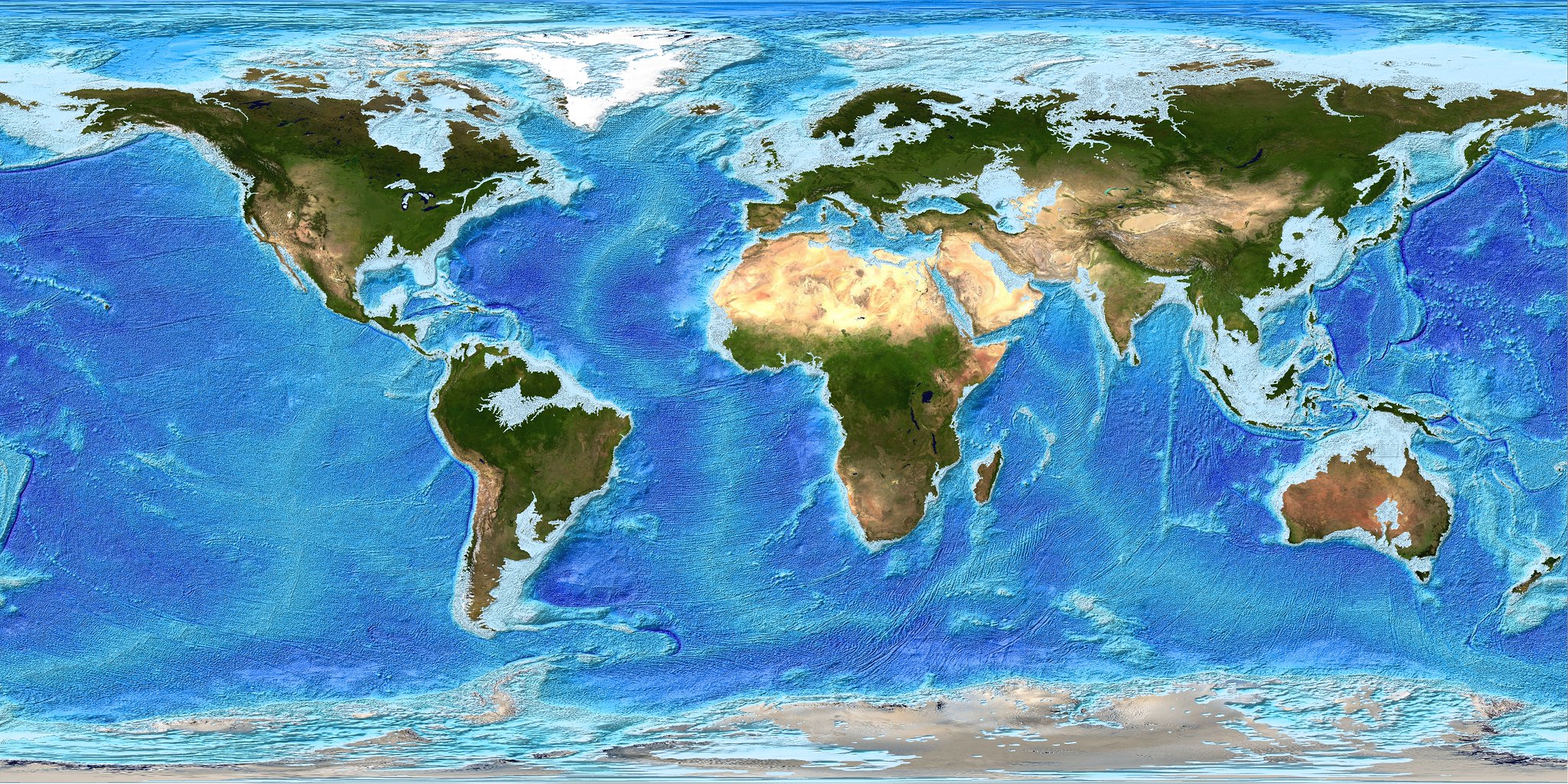A toxicologist explains the impacts of antidepressants on fish — and no, they’re not getting any happier.
Search Results
You searched for: energy
Today, our observable Universe extends for 46 billion light-years in all directions. But early on in our history, things were much smaller.
During the industrial era the cost of artificial light fell off a cliff — and the road to illumination was paved with ingenuity and slaughter.
In Sun-like stars, hydrogen gets fused into helium. In the Big Bang, hydrogen fusion also makes helium. But they aren’t close to the same.
Creativity and achievement require balancing hard work with the restful power of calm.
In 1054, a core-collapse supernova occurred 6500 light-years away. In 2023, JWST imaged the remnant, and might solve a massive mystery.
Earth is not a benign mother. We have begun to witness what happens when it unleashes its fury.
Quantum entanglement may remain spooky, but it has a very practical side.
It’s sustainable, nutritious and delicious. Scientists need to ramp up efforts to meet this urgent need.
By unlearning old leadership mindsets, cultures, and assumptions we can move from Industrial Age thinking to Intelligence Age thinking.
Ground-based facilities enable the greatest scientific production in all of astronomy. The NSF needs to be ambitious, and it’s now or never.
Capsaicin is already used to treat nerve pain. Early research hints it could do more.
The problem of the electroweak horizon haunts the standard model of cosmology and beckons us to ask how deep a rethink the model may need.
If the electromagnetic and weak forces unify to make the electroweak force, maybe, at even higher energies, something even greater happens?
Fermilab’s TeVatron just released the best mass measurement of the W-boson, ever. Here’s what doesn’t add up.
The world’s workplaces are growing lonelier — but the solution requires less than you might expect.
In the ongoing battle against PTSD, a potential new weapon emerges: a nasal spray loaded with neuropeptide Y.
The idea of awarding legal personhood to nature has received renewed attention in the contemporary environmental justice movement, but much contention remains.
Should we be searching for life on other planets, or technology?
Michael Faraday’s 1834 law of induction was the key experiment behind the eventual discovery of relativity. Einstein admitted it himself.
Fire was crucial to the evolution of human technology. That’s why alien species stuck in the “oxygen bottleneck” may be forever primitive.
Google’s first Chief Innovation Evangelist — Frederik Pferdt — lays out a map for navigating unprecedented change and innovation.
Modern cosmology conjectures different possible fates for the Universe and thus for the end of time. Details depend on which model is right.
A rift in thinking about who should control powerful new technologies sent the brothers on diverging paths. For one, the story ended with a mission to bring science to the public.
We only detected our very first gravitational wave in 2015. Over the next two decades, we’ll have thousands more.
Ocean fertilization is extremely controversial, but if done correctly, it just might work.
Let’s celebrate the progress, but put the cork back in the champagne bottle.
He co-created one of TV’s funniest shows. He still felt like a failure in his 30s. This is comedian Neal Brennan’s story about conquering toxic self-talk.
▸
with
Many people out there, including scientists, claim to have discovered a series of game-changing revolutions. Here’s why we don’t buy it.
Based on data since 2000 alone, global warming is still occurring at a whopping 7-sigma significance. How hot will planet Earth get?

